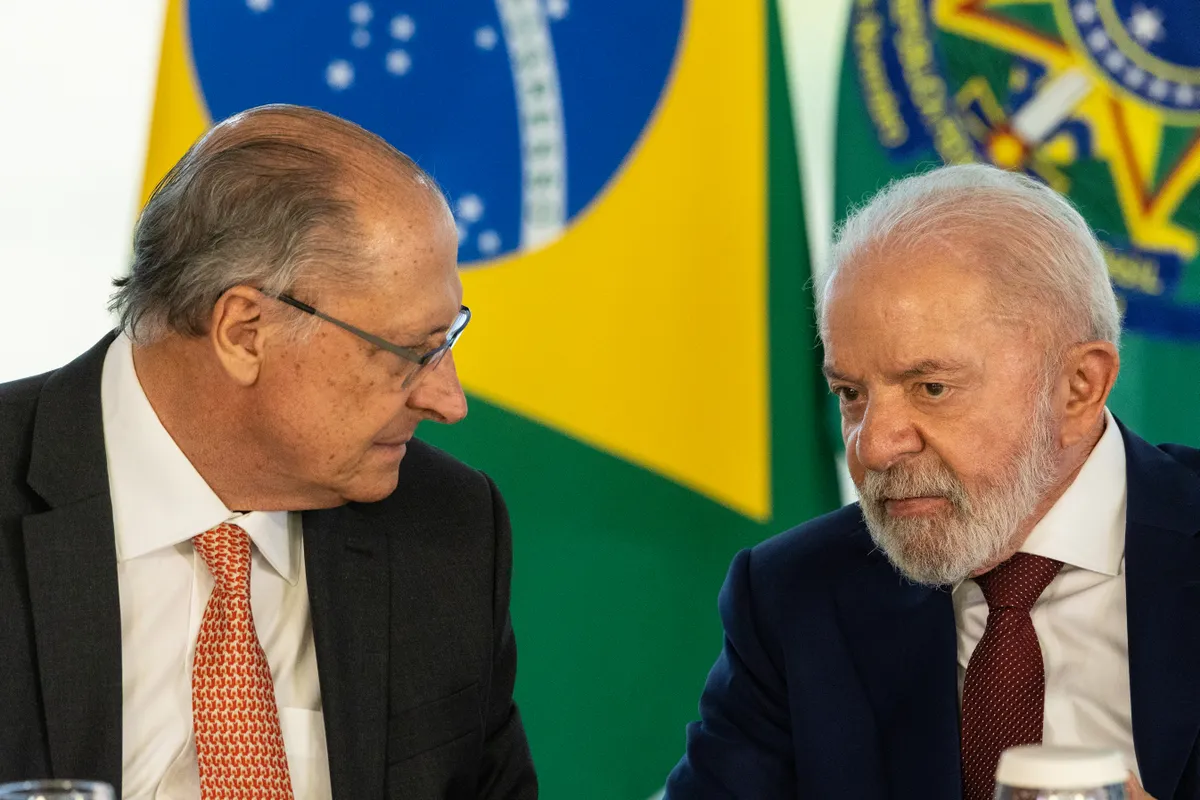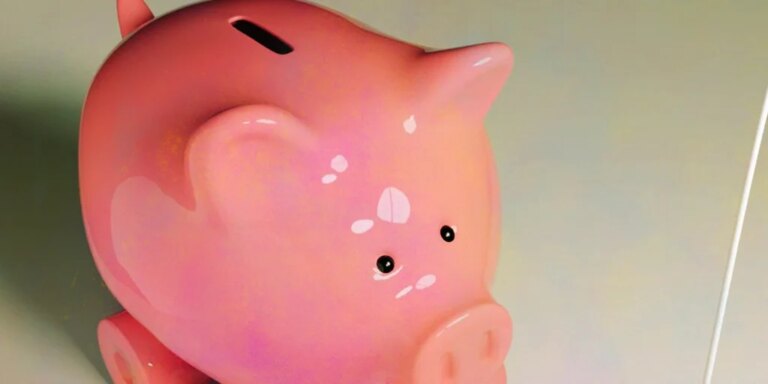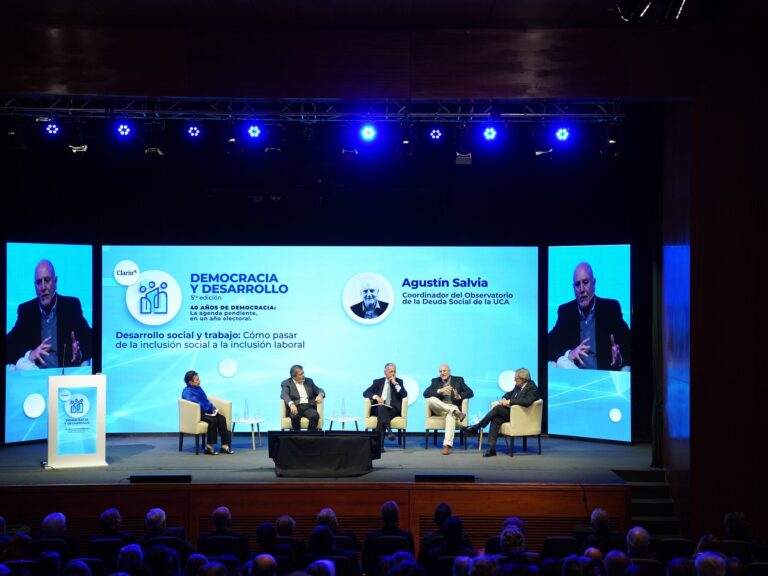
An analysis conducted by the Confederation of National Industries (CNI) on the US government’s decision to eliminate 10% reciprocal tariffs on some products affects 11% of Brazil’s exports to the country, totaling $4.6 billion. On Thursday, US President Donald Trump eliminated taxes on products such as beef, tomatoes, coffee, bananas, acai and other agricultural products.
- Alcumin: President Trump’s tariff reductions were positive, but “distortions” still need to be corrected
- Understand: Goldman Sachs predicts the real will be the currency with the highest potential returns for investors until 2035
This measure will affect Brazilian exports, as Brazil is one of the major exporters of beef and coffee to the United States. However, Brazil remains subject to a 40% punitive tariff imposed by the US government. According to the CNI, the continuation of this tariff reflects the urgency of the Brazilian government’s negotiations to lower this tariff, as countries that do not face this levy may have an easier time selling these products than Brazil.
The measure, announced by the U.S. government, is aimed at cutting costs for American consumers as the White House responds to losses in local elections earlier this month. It is also a tacit recognition that President Trump’s tariff policy is putting pressure on prices in the United States.
According to the CNI, the US government’s move to eliminate 10% reciprocal tariffs on 238 agricultural products will also apply to 80 items exported from Brazil to the US.
“It is very important to negotiate an agreement as soon as possible so that Brazilian products can once again compete on better terms in the main destinations for Brazilian industrial exports,” said Ricardo Albán, the group’s president.
The list of items exempted from the 10% additional tariff includes 238 items. These include meat, coffee, vegetables, carnauba wax, citrus fruits, Brazil nuts, orange juice, fertilizers, and pesticides. Of the 238 items on the list, Brazil exported 80 last year. However, only four countries are completely exempt from tariffs. The remaining 76 people are still subject to a 40% levy on imported goods due to President Trump’s decision against the Brazilian government due to the trial of former President Jair Bolsonaro, which the US government claims is a persecution that violates Bolsonaro’s rights.
Members of Lula’s economic team deemed the decision announced by President Trump yesterday positive but insufficient. The engineers also highlighted the fact that tariffs on Brazilian products will be reduced by just 10 percentage points, from 50% to 40%.
According to the US government’s own data, US consumers paid about 20% more for coffee in September than a year earlier. And sales of Brazilian coffee to the United States have plummeted, dropping 51.5% from August to the end of October compared to the same period in 2024, according to data from the Brazilian Coffee Export Council (Cecafé).



